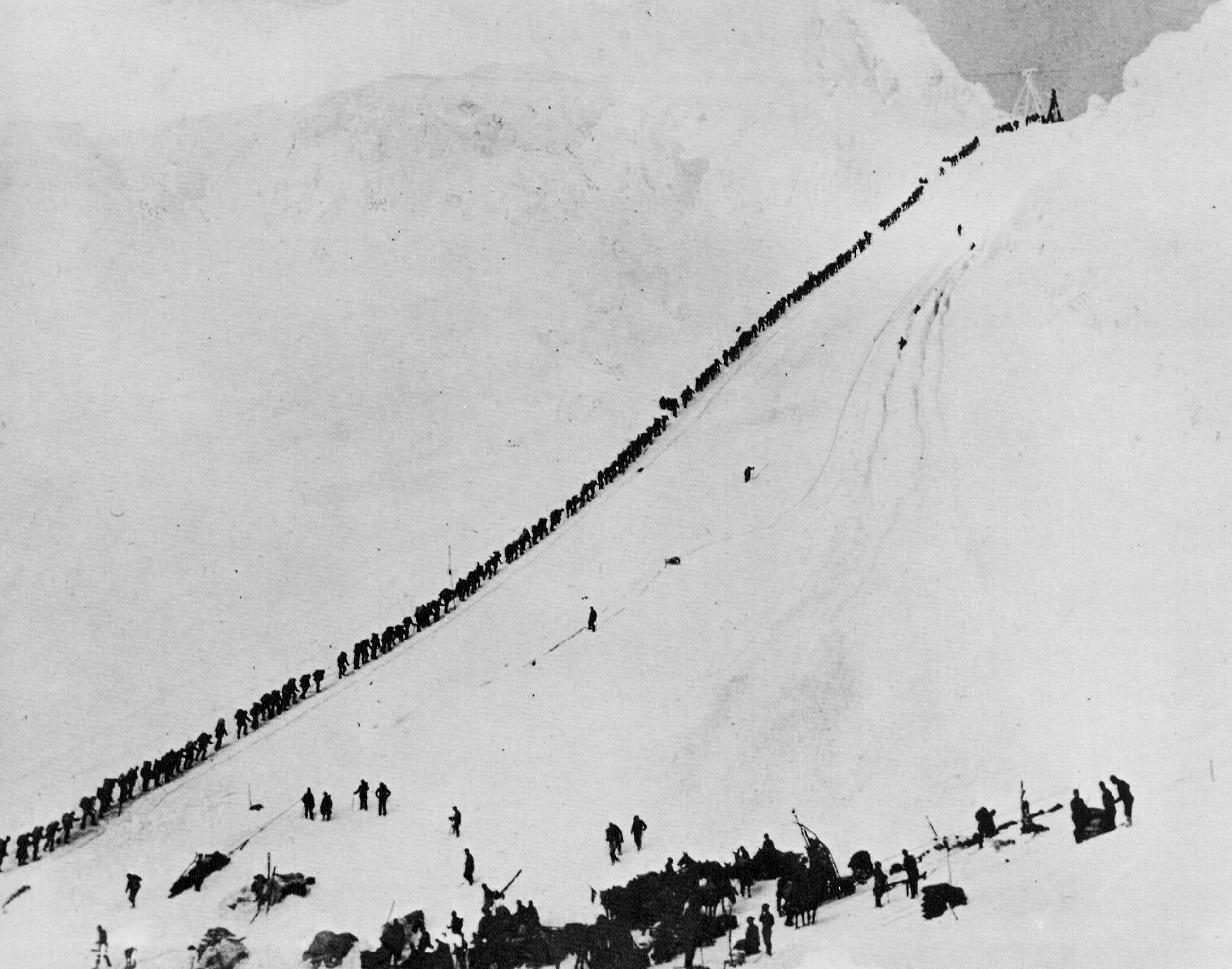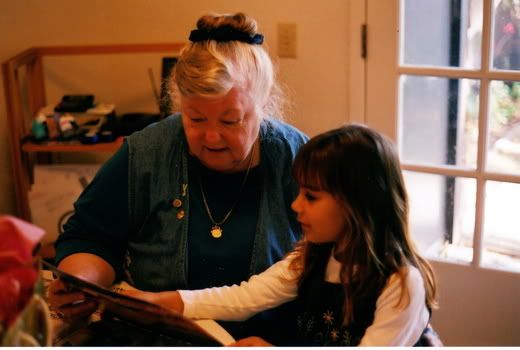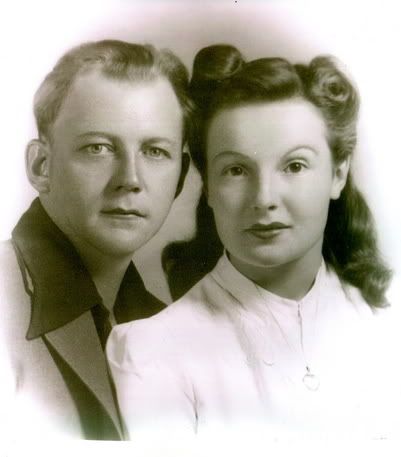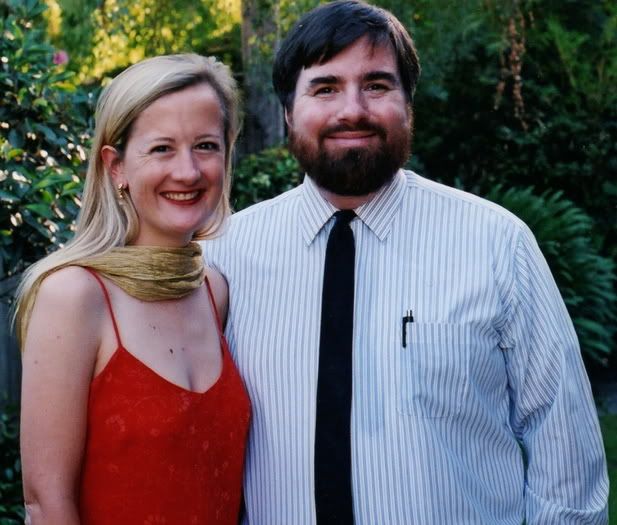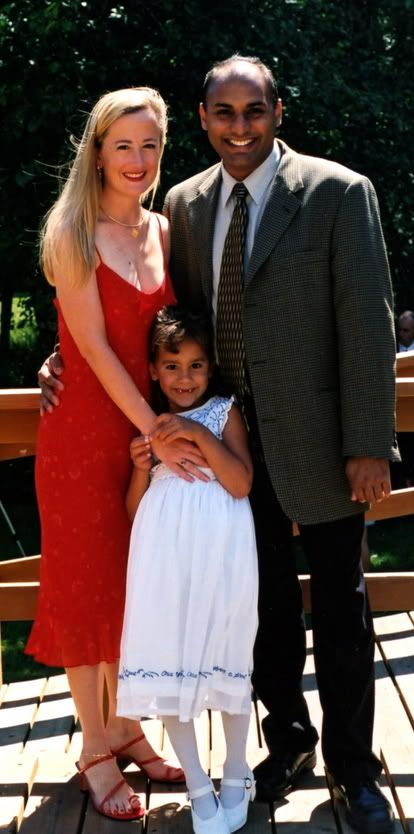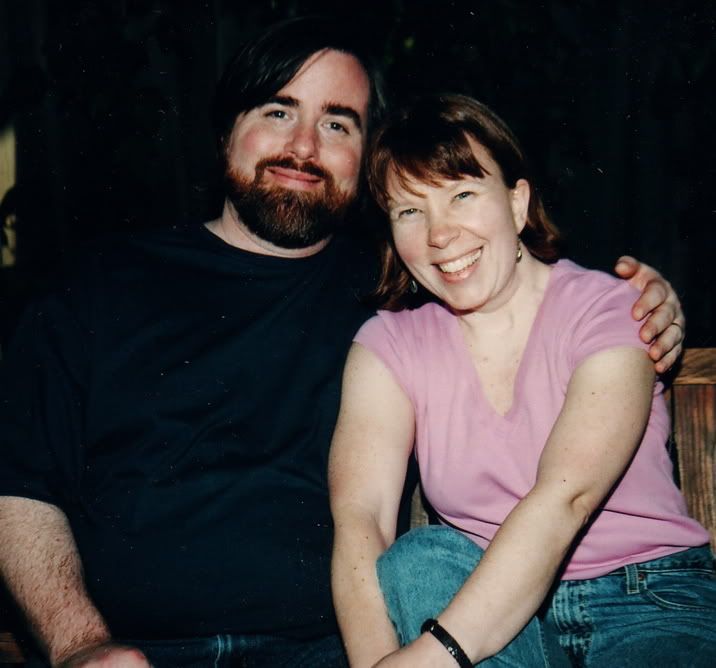My mind, you may have noticed, tends to work in its own way. I like to wander the breadth of the subject and explore the depth of parts of it. Both big picture and detail oriented. Some people like this. Others it drives crazy. One of the tricks I learned when I was a legislative research analyst, is to take all of the details that I find interesting but the reader might or might not and make footnotes out of them. This post turned into the sort of thing I need to do that with. Thank goodness for cut and paste, is all I can say.I live in an even numbered apartment, on the odd side of the street. Very confusing to FedEx drivers, various delivery folk, friends coming to my place for the first time, and new taxi drivers. All of the other apartments in the building are odd numbered, as are all of the other buildings on this side of the street. When I first moved in here, 12 years ago this coming August, it caused all sorts of problems. I would order something from a catalog and it would never arrive. * Finally discovered that the FedEx guy couldn't find my apartment, and wasn't even looking on that side of the street, and so was sending them back to the merchants, who never bothered to inform me! After I figured that out, I had packages delivered to my office.

The street itself is odd. At the corner of Sixth, it is East Street. Going south, it is two and a half blocks long, and then ends at a sharp angle up the hill, where there is a 125 step staircase to the next street up. Going north (my direction) it is three houses long, where there is a street sign declaring the junction of East and Basin. (click to enlarge picture) Except it isn't an intersection. The street simply stops being called one thing and starts being called another. Don't ask me, I just report these things.
I live at 8th and Basin, the number reflects that -- one would think the address would show up on Google maps that way, but it doesn't; the X is
wa-a-a-ay out of place. If the houses on Basin went beyond 975, the X would be at about 10,000. But, they don't.** I think that Google maps started numbering Basin at the street sign, counting that address as 1 or 100 instead of as 642.
Then, there is the apartment itself. Originally the building was symmetrical, but then the owner decided to add a garage at one end. And then another owner built a room over the garage and opened the staircase of the apartment next door, effectively turning the upper floor from that apartment into the upper floor of this apartment.*** Anyway, the wall of my kitchen is the old outside wall of the building, and you can certainly tell.
Downstairs I have -- what, exactly? Three rooms? Two rooms? One very large room? Who can tell? There is a living room section and a cooking section and an oddly shaped little section that may be a breakfast nook. There is only part of an interior wall and a square shaped sorta-arch between the "kitchen" and the "living room". Because I'm up against the mountain on two sides and the rest of the building on a third, I have windows only on one side. Lots of windows.****One thing I know about my downstairs is that it has a very high ceiling. And enough wall space for me to have both miles of bookcases and all of the art I want.
The upstairs is not over the downstairs of my apartment, but over the one it used to belong to.***** And my second floor is also odd. Do I have one room plus bath? Two? Three? How do you tell when there are no doors, just oddly placed spaces with walls? Can it be one room when there are these other sections, one even around a corner? Could it be more than one room when you have to go through two other spaces to get from the bedroom to the closet? Whatever it is, it's shaped like a U, with the walk-in closet in the center space.
And the reason that I'm thinking of this today is that last night I didn't lay out today's clothes in the bedroom section, which means I had to remember to go get them while in my robe, because there are no curtains in my apartment. Nor are there rods. For the most part this is wonderful -- I'm too high up the mountainside for anyone to see in the first floor without being on a hill on Douglas Island, and then they need binoculars. And there is no road on that part of Douglas Island. From the street, what you see is my living room ceiling, because of the angle. But, upstairs the angle is different. The window into my bedroom is too small and oddly placed for anyone to see anything except a corner of a bookcase, but the window next to my computer desk is perfectly placed for someone standing on 8th street to see me. And so, to go to and from my closet, I have to be dressed.
* (Ah, the bad old days, before I had on-line shopping and when catalogs arrived in Alaska, at best a couple of weeks after they arrived anywhere else so that when I ordered something it was seldom still available.) I would contact the merchant, who would send another, which would also never arrive. There was only one other person in the building who was my size, and as it happened the mail boxes were in her porch. You should have seen the eye I kept on her wardrobe! But, she never wore any of the clothes I'd ordered.

** There is nothing beyond 975 but a dirt road along the Silverbow Basin itself, with a bridge or two, leading to a mining museum with some very interesting old equipment. And, it goes without saying, a lot of trees. And porcupines. And marmots. And birds of all kinds. And bears. But, no numbered lots. This is the spot where Google maps thinks my apartment is. (Click to enlarge.)
*** This he did for his 18 year-old son, which I know because the son's best friend -- let's just say Scott is a friend of mine. Explaining how he is a friend of mine would take an entire post of its own and probably not interest anyone who doesn't know us both. Anyway, Scott remembers when he and David did the work on that door and staircase. And David, who I've met because of Scott, remembers that when he lived here, there was no kitchen sink. He was supposed to carry the dishes upstairs and do them in the bathtub, but being an 18-year old man, he ate off paper plates or out of take out cartons or in restaurants, instead. Actually, I know four people who have lived in this apartment, and can follow the steps of its completion by the stories they tell. Perhaps the day will come when I tell someone that when I lived here I kept things in the kitchen and bath in baskets because there were no drawers.
**** When I moved in there was a greenhouse porch, but it was in bad shape and was torn down and a regular porch built, which sort of interferes with the view from the large picture windows and glass French doors inside of it, but what the heck. The view is so magnificent that who cares that the windows don't completely match up?
***** There is a door out onto the roof of my other room(s) which serves as a nice patio and perfect spot to watch the Independence Day fireworks. Which are done at midnight between the 3rd and 4th, so that it will be dark enough to see them.
 When I first met Daddy, I was nine and he was 45. We had this conversation about Pluto that went on for a while before we realized that he was talking about the dog and I was talking about the planet.
When I first met Daddy, I was nine and he was 45. We had this conversation about Pluto that went on for a while before we realized that he was talking about the dog and I was talking about the planet. When I taught Montessori, we had a solar system mobile. The planets were mostly to scale as far as size, but distances weren't possible. The planets closer in than Neptune were all in one corner of the classroom, and then in the furthest away corner of the building was Pluto. And that was way too close. Had they been in distance scale, Pluto would have had to be 1,000 miles away. Or so I'm told.
When I taught Montessori, we had a solar system mobile. The planets were mostly to scale as far as size, but distances weren't possible. The planets closer in than Neptune were all in one corner of the classroom, and then in the furthest away corner of the building was Pluto. And that was way too close. Had they been in distance scale, Pluto would have had to be 1,000 miles away. Or so I'm told.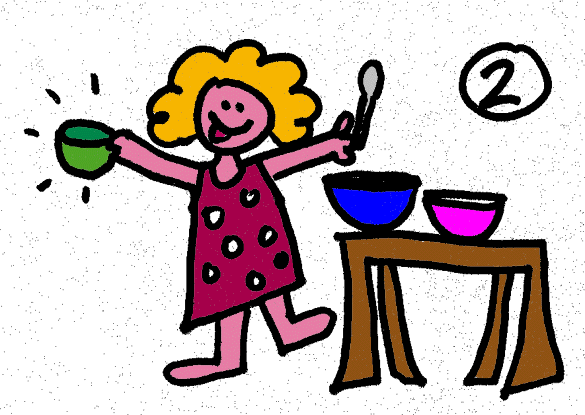 On top of these musings, I read of a new, non-solar planet that is believed to be the first to be discovered so far that could support life. The first that isn't a Goldilocks planet. Not too hot. Not too cold. The rather delightful confusion of astronomy and children's concerns just goes on and on.
On top of these musings, I read of a new, non-solar planet that is believed to be the first to be discovered so far that could support life. The first that isn't a Goldilocks planet. Not too hot. Not too cold. The rather delightful confusion of astronomy and children's concerns just goes on and on.
